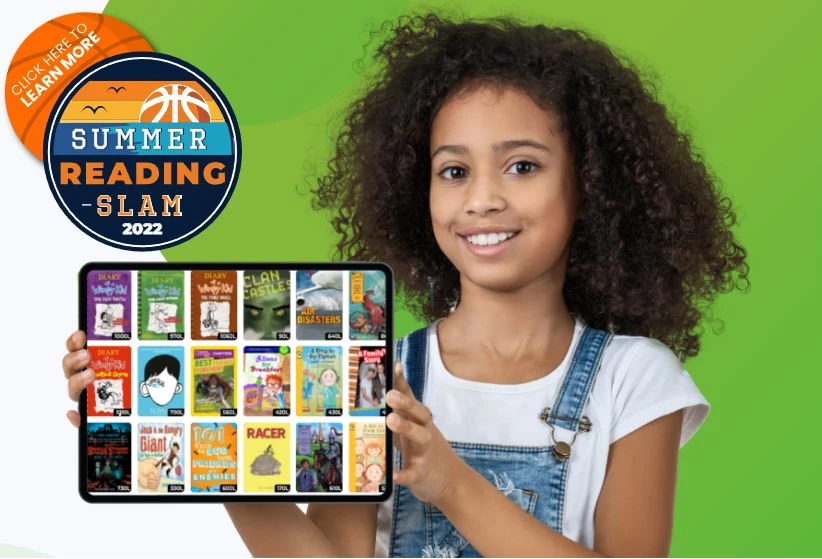
As certified Reading Specialists will attest to, there are countless reading tips that educators can share with all of their students. The students don’t have to be struggling or gifted to receive benefits from these tips. They can virtually work well for any student no matter the grade level!
Reading Comprehension Tips
The reason any of us read text is to better understand something. Whether it is a fictional story, nonfiction textbook writing, or directions on how to assemble a bicycle, we all read to learn. Present these reading comprehension tips to students and it won’t be long before they realize the advantages to them.
- Be an active reader and constantly make predictions about what may be coming up in the text. If students can speculate correctly while reading, it may come in handy when they are making life decisions for themselves later on.
- Develop questions pertaining to the text frequently as they read. A questioning mind is an intelligent one. Furthermore, this skill will come in handy in day-to-day conversations as they become adults.
- Summarizing is a tough skill for adults to learn. You can ask one person a simple question like how their day is going and be stuck listening to them for an hour if you aren’t careful. This happens because they have not developed their summarizing ability! Have students learn to summarize succinctly now and get right to the heart of the matter.
- People often have a tough time putting themselves in another person’s shoes. Only seeing one side to every issue is quite detrimental to society in general. Have students identify with many characters while they are reading so they can have multiple viewpoints as they actively read.
Reading Tips for Students
While the comprehension tips above will help students understand the material better, it is essential students schedule time to read during the day otherwise they will not be able to begin to use this advice. Here are a few reading tips to help enable students to use their newfound skills.
- Pick a night a week, turn off the television and phone, and just read.
- Once you climb into bed every night, read for 10 to 20 minutes to put your mind at ease. It will make it much easier to fall asleep.
- It’s completely fine to reread books that you enjoy. No matter how many instances you have read a novel, you will find something new each time.
- Join a book club. It will not only be fun, but you will be able to listen to other people’s opinions about the material. If you can’t find a book club to join, start your own.
- Become a writer as well as a reader. Have you ever read a book and somewhere in the text you thought the story was going somewhere else than it did? Rewrite the ending of the book to how you would like it. There are students that may just be novelists down the road in your classroom if you follow this reading tip!
LightSail
Another great thing to share with the classroom would be the comprehensive literacy platform known as LightSail. Not only does LightSail offer thousands of books available instantly online, but there are also Lexile comprehension assessments attached to each book. Furthermore, educators can easily use LightSail to create lessons and share them with students. LightSail also provides students the opportunity to write their own books and publish them on the LightSail site.
Posted on 10.Oct.21 in Literacy Strategies




